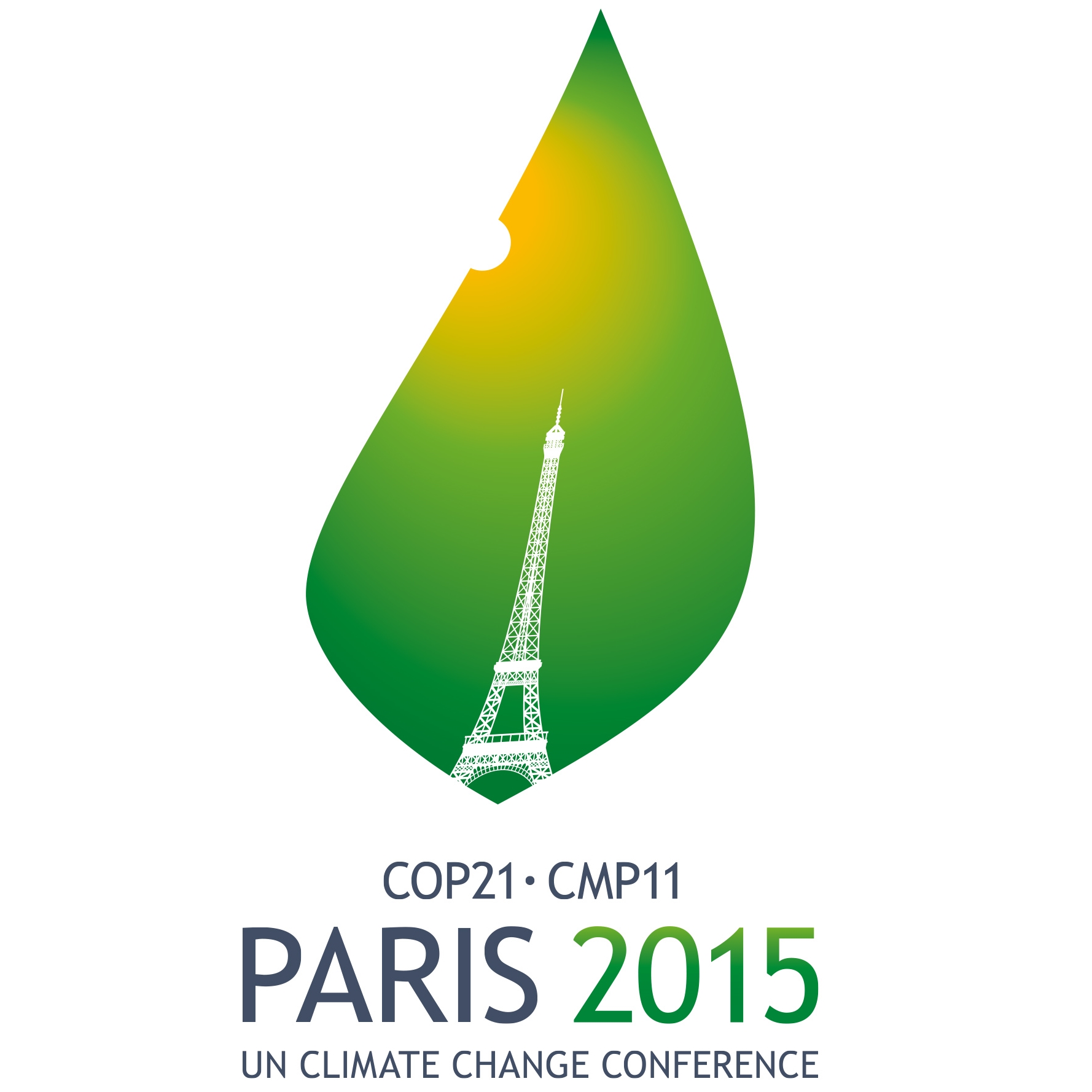The following article was written by Catherine Gautier-Downes, Professor Emerita of Geography, UCSB, who has been in Paris for COP21, acting as a Special Correspondent for the Santa Barbara Independent. The article was posted December 12, 2015, with the title above:
As an author of this publication, I am taking the liberty to repost this article under the Creative Commons Attribution NoDerivatives licence. Republished from theconversation.com.
What does this agreement mean in terms of world emissions by mid-century? Clearly, the climate pledges made by more than 180 countries do not align with the mandate to limit Earth’s warming to 1.5℃ by 2100 to limit climate risks. They would lead to 2.7 or 3℃. The agreement offers no alternative trajectory to get the world to 1.5ºC.
It is probably outside the agenda for solutions that emission reductions will be found, through:
- 1. the renewable energy “revolution” underway with 2015 investments in renewable higher than in fossil fuels in the world and in the developing countries and, in the future, illustrated by the International Solar Alliance to expand solar development to 100 terawatts;
- 2. The pledge by 700 mayors to reduce emissions from consumption and increase the share of renewable by 50% by 2050;
- 3. the multiple financial pledges that come to nearly US$80 billion;
- 4. the financial and business sectors’ new engagement and demand for a carbon price, including the growing movement for fossil fuel divestment;
- 5. the world’s mobilisation of civil society with nongovernmental organisations working together to achieve successes like the abandonment of the Keystone XL oil pipeline and vowing to continue pressuring their states in the years to come.
Drastically cutting emissions in the near term is crucial but not enough without “negative” emissions. Opportunities for negative emissions in the building or forest sectors, for instance, must be central research topics in the coming years. This COP is a historic moment that represents a global power shift and puts the world on the path to the fully carbon neutral and climate-resilient world our children and grandchildren deserve.
Editor’s note: Gautier’s article also includes other reactions given by experts in the field, namely, Robyn Eckersley, Professor of Political Science, University of Melbourne; Clive Hamilton, Professor of Public Ethics, Centre For Applied Philosophy & Public Ethics, Charles Stuart University; Peter Christoff, Associate Professor, School of Geography, University of Melbourne; and Jessica Hellmann, Director, Institute on the Environment, University of Minnesota.



